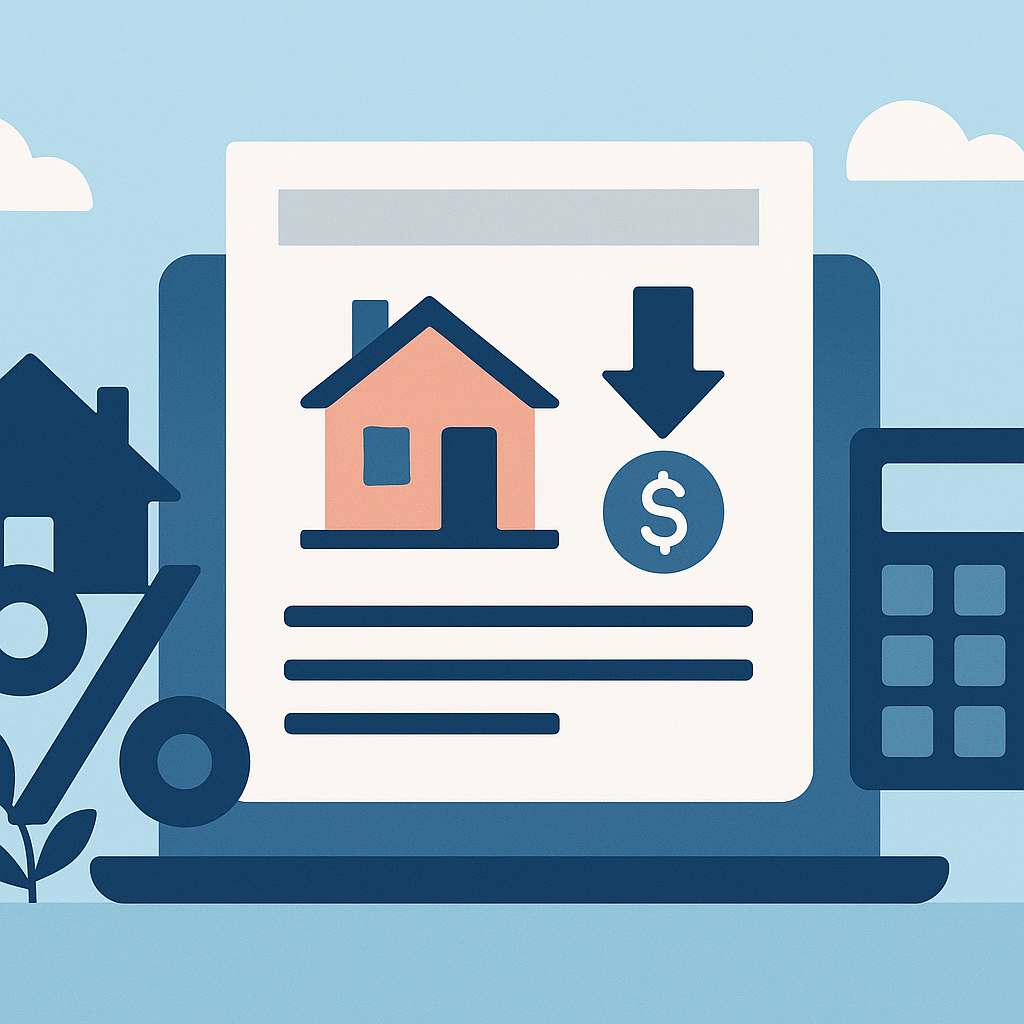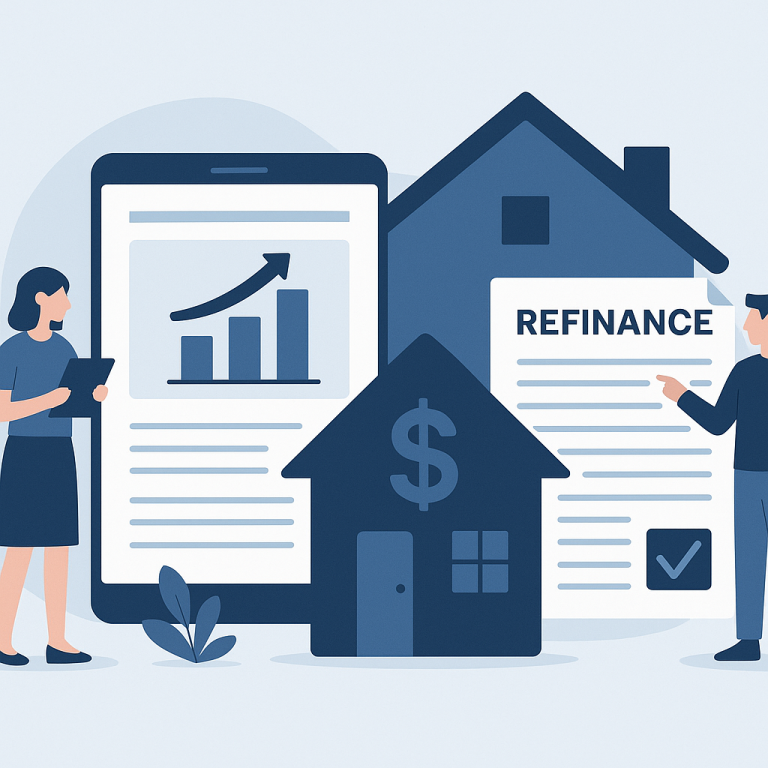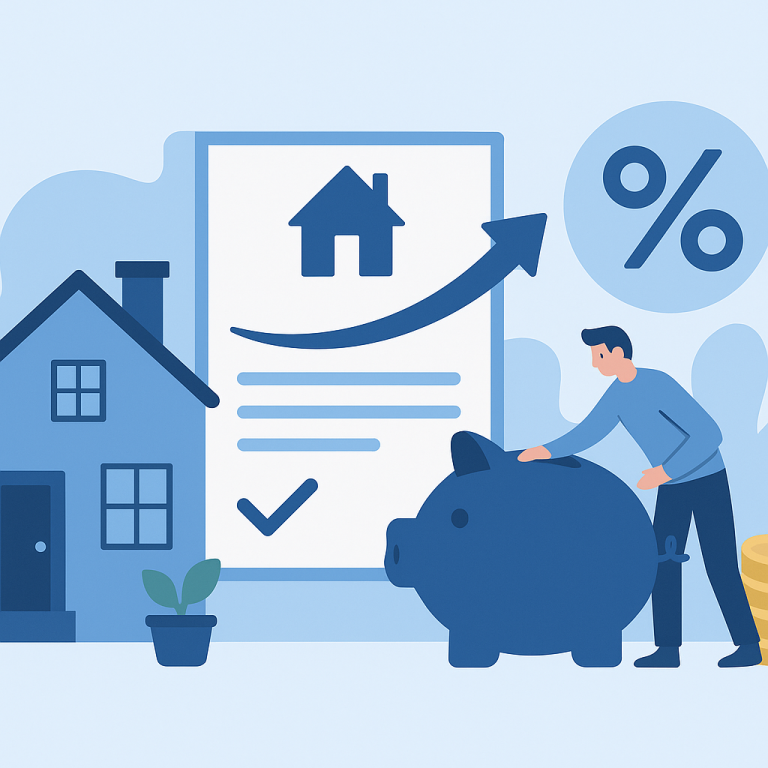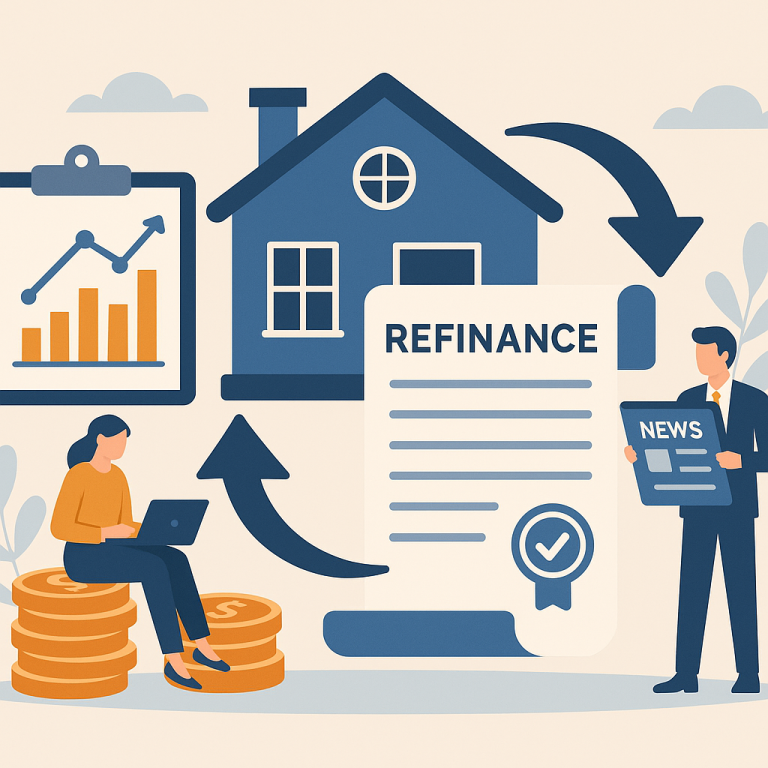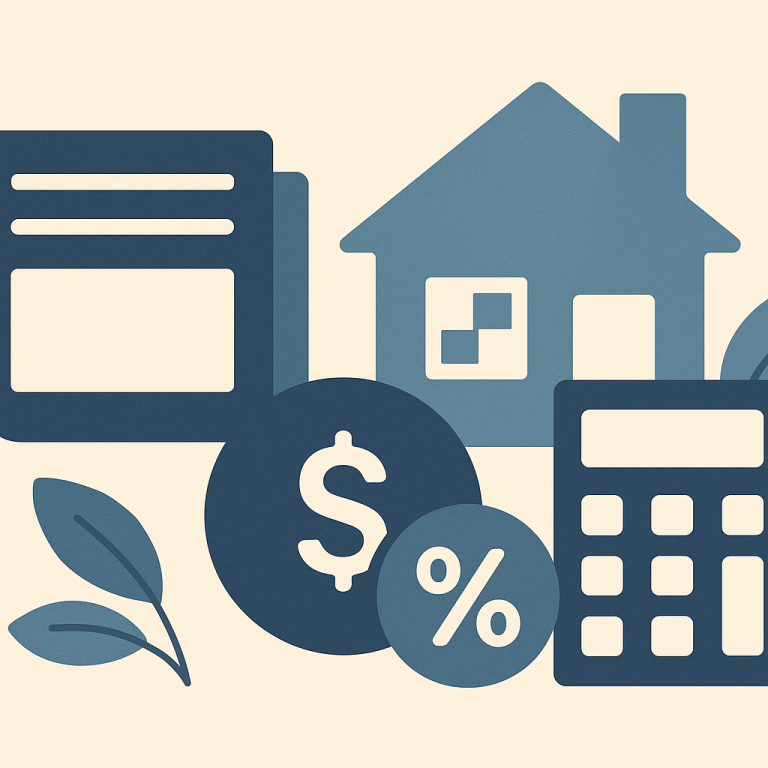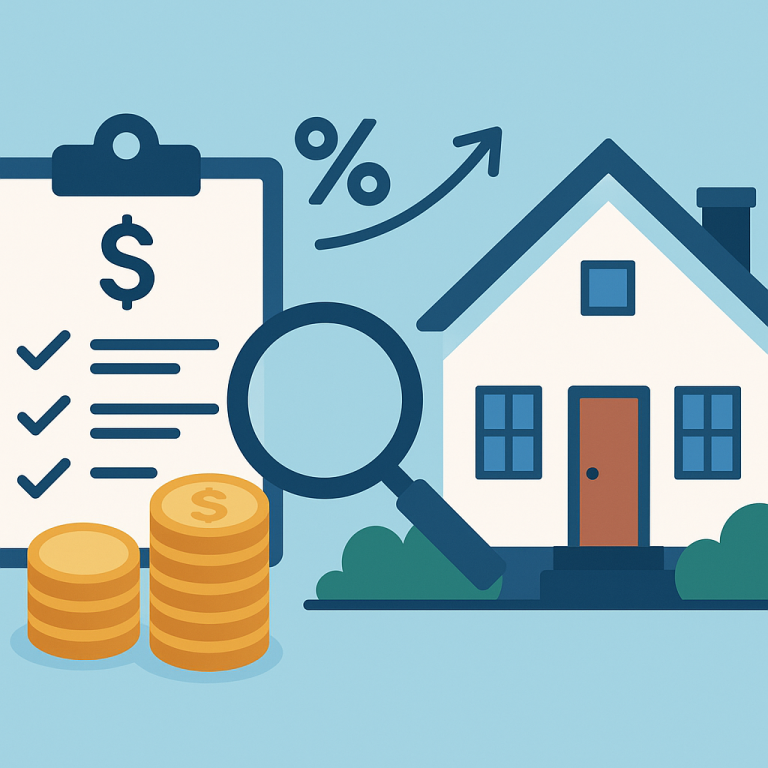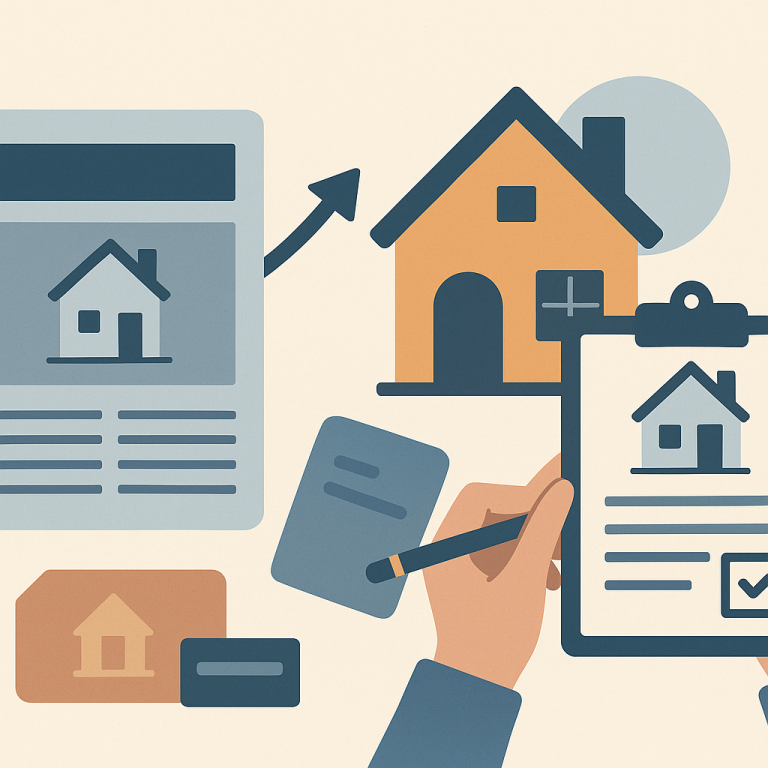Top Lender Cuts Refinance Fees By $500, Making Mortgage Refinances Cheaper
At a glance: Lower refinance fees and closing costs and how it could affect refinancing decisions.
Lenders have cut refinance origination fees, reducing closing costs and shortening breakeven timelines for many borrowers.
What Lower Refinance Fees Mean for Borrowers
Homeowners who want to shorten their mortgage term without significantly increasing monthly payments are finding renewed opportunities as benchmark mortgage rates ease from recent highs. The shift has prompted lenders to update product offerings and borrowers to revisit previously shelved refinance plans, particularly those aiming to reduce total interest costs over the life of the loan.
Industry observers describe the current environment as one in which selective borrowers—those with solid credit profiles and meaningful home equity—stand to gain the most. Lenders are again pricing competitive fixed-rate loans for borrowers who can meet underwriting standards and who are willing to trade a modest change in monthly cash flow for a faster path to full home ownership.
Refinancing to a shorter term typically lowers overall interest expense because the borrower pays principal faster, even if the new monthly payment is somewhat higher. For many, the appeal is less about an immediate monthly savings and more about long-term financial leverage: paying off the mortgage sooner reduces lifetime interest and increases home equity at an accelerated pace.
Lenders emphasize that the decision depends on individual circumstances. Key considerations include the remaining length of the current loan, the homeowner’s remaining equity, credit score, and how long the borrower plans to stay in the home. Transaction costs such as closing fees, appraisal charges and potential prepayment penalties can offset benefits if the refinance horizon is short.
Two common refinance paths are drawing attention:
- Rate-and-term refinance: Borrowers replace their existing mortgage with a new loan at a similar or lower rate but with a shorter amortization period. This option targets interest savings over the life of the loan.
- Term-reduction without cash out: Homeowners with adequate equity may refinance into a shorter-term loan without extracting cash, balancing a higher monthly payment against substantial interest savings.
Mortgage professionals recommend several practical steps before applying. First, run a net benefit analysis that includes closing costs and the break-even timeline—the point when cumulative savings exceed refinance expenses. Second, check credit reports and correct any inaccuracies that could affect the offered rate. Third, obtain several lender quotes and review the annual percentage rate (APR) to compare true borrowing costs. Finally, confirm whether the current mortgage has prepayment penalties and factor those into the calculation.
Refinancers should also be cautious about cash-out options in this environment. While tapping home equity can address higher-interest debt or fund renovations, it increases the mortgage balance and can extend exposure to interest rate volatility. For homeowners focused on debt reduction, prioritizing term shortening without extracting equity is typically the more conservative approach.
Operationally, borrowers can expect a refinancing timeline similar to a purchase mortgage: documentation review, underwriting, an appraisal in most cases, and closing. Speed varies by lender and local market conditions, so locking a rate and maintaining clear communication with the chosen lender can help avoid delays or rate movement between application and closing.
Homeowner takeaways
- Refinance may be most beneficial for borrowers with strong credit and adequate equity who plan to stay in their home beyond the break-even period.
- Shortening the loan term can yield meaningful lifetime interest savings even if monthly payments increase moderately.
- Compare multiple lender offers, include closing costs in calculations, and confirm whether prepayment penalties apply.
- Avoid using a refinance primarily to access cash unless you have a clear plan to repay or the funds will create higher-value outcomes.
META: refinancing, mortgage term reduction, mortgage rates, homeowner takeaways

